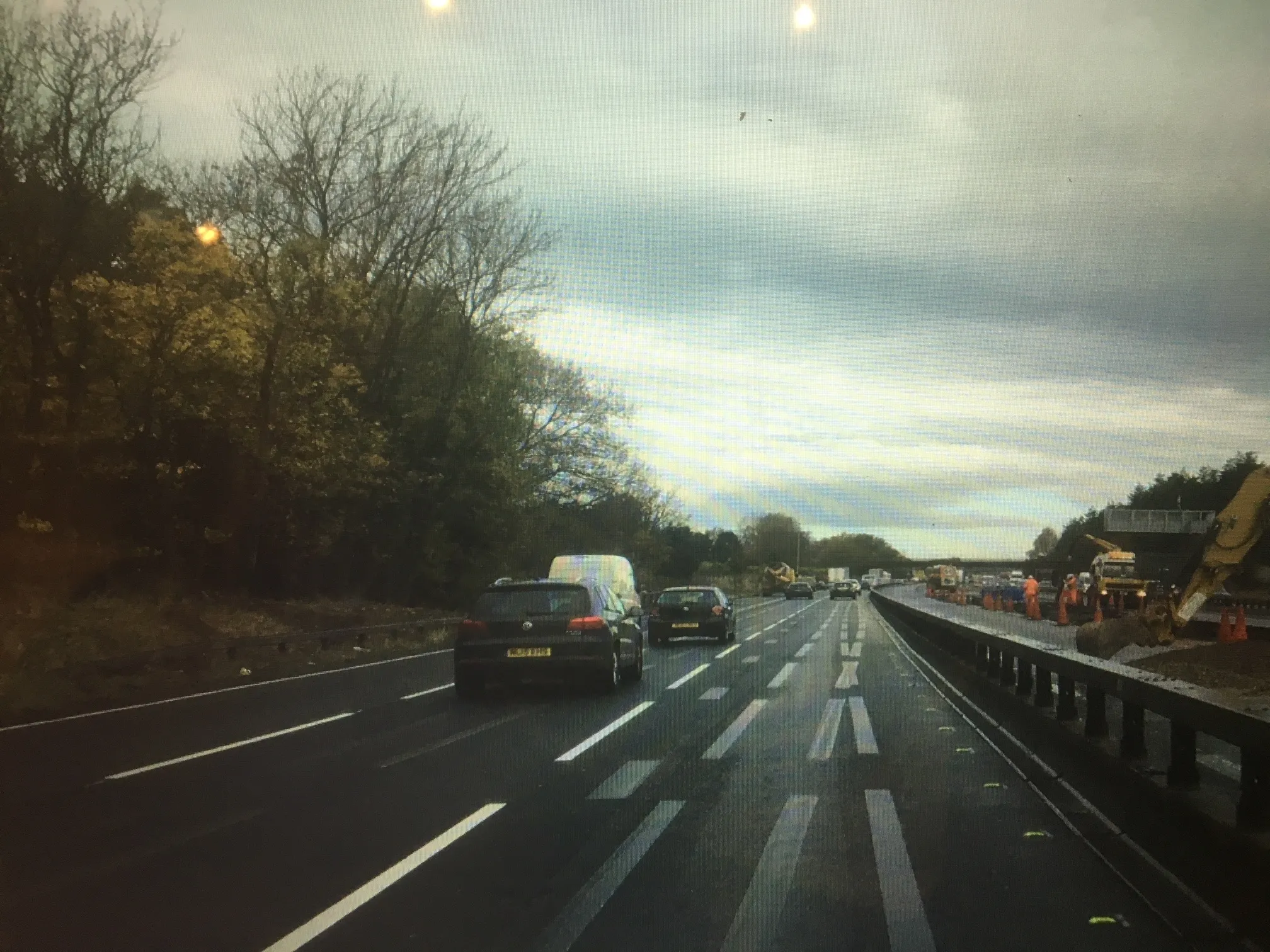The UK’s Transport Research Laboratory (TRL) has been commissioned by the Highways Agency to undertake a feasibility study into whether dynamic wireless power transfer (WPT) technology can be used on England’s motorways and major A roads, the Strategic Road Network, to prepare for and potentially encourage, greater EV take-up. This study is the first part in a much larger programme of research and trialling for dynamic WPT technology to be undertaken in the UK. TRL was selected to deliver the feasibility st
March 13, 2015
Read time: 3 mins
The UK’s Transport Research Laboratory (491 TRL) has been commissioned by the 503 Highways Agency to undertake a feasibility study into whether dynamic wireless power transfer (WPT) technology can be used on England’s motorways and major A roads, the Strategic Road Network, to prepare for and potentially encourage, greater EV take-up.
This study is the first part in a much larger programme of research and trialling for dynamic WPT technology to be undertaken in the UK. TRL was selected to deliver the feasibility study based on its expert knowledge of EVs, road construction, dynamic and static WPT technology, knowledge of the relevant industries and TRL’s position as the lead organisation in the UK for understanding the technical and commercial feasibility of dynamic WPT technology. In order to deliver this comprehensive study, TRL prepared a team comprising of a number of industry partners and stakeholders.
The purpose of the study is to identify at least two near market dynamic WPT technologies from around the world that could be suitable to trial in future stages of the programme. In doing so, TRL will examine in detail the requirements for integration with road infrastructure and maintenance, connection to the grid and requirements for provision of power and energy and, vehicle manufacturer approaches to integration with different classes of vehicles, covering cars, vans, HGVs and buses/coaches.
Based on findings in the project and through a comprehensive programme of stakeholder engagement, TRL will be investigating possible business cases for the introduction of this technology and whether a desired cost benefit ratio can be achieved, identifying possible costs and benefits under different scenarios for implementation. Although the focus of the study is on implementing dynamic WPT technology, the possibility of extending the use of equipped vehicles to static WPT applications for origin/destination charging will also be considered.
It should be noted that the purpose of the project is not to find an alternative to current plug-in charging infrastructure but rather to develop a comprehensive charging eco-system capable of delivering power to EVs via different methods. This is to facilitate greater and more flexible use of EVs in the UK, overcome range anxiety and allow switching to zero emission vehicles for vehicle types which have traditionally been accepted as not suitable for electrification, such as HGVs and coaches.
The feasibility study is scheduled to be completed in spring 2015 and may be followed by a set of off-road trials comprising test track trials and accelerated pavement facility testing, subject to the results of the study.
This study is the first part in a much larger programme of research and trialling for dynamic WPT technology to be undertaken in the UK. TRL was selected to deliver the feasibility study based on its expert knowledge of EVs, road construction, dynamic and static WPT technology, knowledge of the relevant industries and TRL’s position as the lead organisation in the UK for understanding the technical and commercial feasibility of dynamic WPT technology. In order to deliver this comprehensive study, TRL prepared a team comprising of a number of industry partners and stakeholders.
The purpose of the study is to identify at least two near market dynamic WPT technologies from around the world that could be suitable to trial in future stages of the programme. In doing so, TRL will examine in detail the requirements for integration with road infrastructure and maintenance, connection to the grid and requirements for provision of power and energy and, vehicle manufacturer approaches to integration with different classes of vehicles, covering cars, vans, HGVs and buses/coaches.
Based on findings in the project and through a comprehensive programme of stakeholder engagement, TRL will be investigating possible business cases for the introduction of this technology and whether a desired cost benefit ratio can be achieved, identifying possible costs and benefits under different scenarios for implementation. Although the focus of the study is on implementing dynamic WPT technology, the possibility of extending the use of equipped vehicles to static WPT applications for origin/destination charging will also be considered.
It should be noted that the purpose of the project is not to find an alternative to current plug-in charging infrastructure but rather to develop a comprehensive charging eco-system capable of delivering power to EVs via different methods. This is to facilitate greater and more flexible use of EVs in the UK, overcome range anxiety and allow switching to zero emission vehicles for vehicle types which have traditionally been accepted as not suitable for electrification, such as HGVs and coaches.
The feasibility study is scheduled to be completed in spring 2015 and may be followed by a set of off-road trials comprising test track trials and accelerated pavement facility testing, subject to the results of the study.








